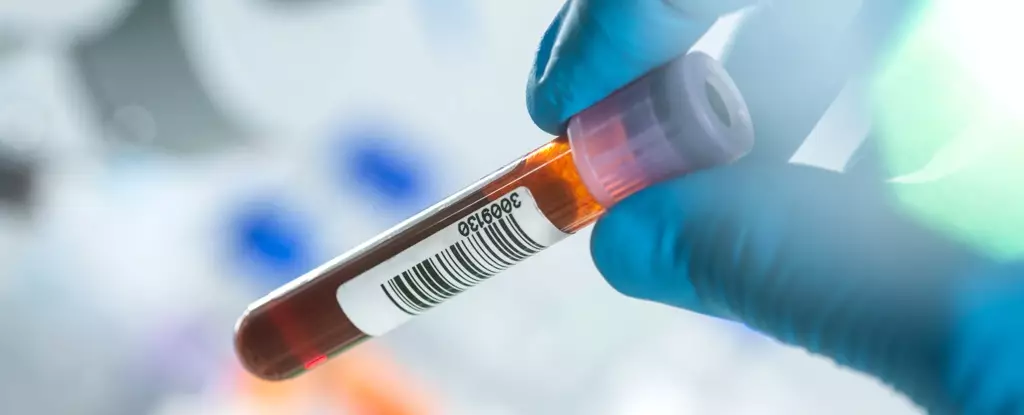The recent approval of a groundbreaking blood test for Alzheimer’s disease by the United States is a monumental stride towards changing the landscape of Alzheimer’s care. For decades, Alzheimer’s has been a disease cloaked in uncertainty, characterized by a lengthy diagnostic process that often leaves patients and families in a state of confusion and anxiety. This new diagnostic tool, developed by Fujirebio Diagnostics, has the potential to provide a definitive answer much sooner, allowing patients to access treatments that may slow the disease’s progression. Early treatment, especially with newly available therapies, could significantly impact the quality of life for those diagnosed.
A Closer Look at the Test
The newly approved blood test measures the ratio of two specific proteins, correlating directly with the presence of amyloid plaques in the brain. Until now, the detection of these plaques could only be accomplished using invasive methods like brain scans or spinal fluid analysis—procedures that are often uncomfortable and carry their own risks. The non-invasive nature of the blood test not only makes it more accessible but also considerably more appealing to patients, making this a win-win situation in the realm of healthcare. Food and Drug Administration (FDA) Commissioner Dr. Marty Makary aptly pointed out the urgency of addressing Alzheimer’s disease, which affects more individuals than breast and prostate cancer combined.
Implications for Treatment
With approximately 10% of people aged 65 and older impacted by Alzheimer’s, the urgency for effective treatments is palpable. The approval of lecanemab and donanemab—drugs targeting amyloid plaque—highlights a fledgling effort to combat cognitive decline. However, these medications serve as a reminder that while breakthroughs are essential, they are steps in a much larger battle. Notably, the testimonies of neurologists advocating for early intervention suggest that the benefits of these therapies could be magnified if administered at the onset of cognitive decline. This emphasizes a critical point—early diagnosis is not merely beneficial but perhaps essential to maximizing treatment efficacy.
The Role of the Healthcare Community
The enthusiasm surrounding this blood test cannot be overstated. It stands as a message to both patients and healthcare providers that there is a progressive shift towards more proactive and accessible methods for diagnosing Alzheimer’s disease. Michelle Tarver of the FDA’s Center for Devices and Radiological Health remarks on how this development could simplify the diagnostic process for many patients. However, it’s crucial for healthcare professionals to interpret the results in conjunction with clinical evaluations of cognitive decline; this is where collaborative efforts and interdisciplinary approaches become vital.
A Future of Hope
As we look toward the horizon, the approval of this blood test signifies a beacon of hope in the ongoing fight against Alzheimer’s. Not only does it pave the way for enhanced diagnostic methods, but it also highlights the importance of innovation in medicine. As the number of cases is expected to double by 2050, the health community must embrace this opportunity to shift from reactive treatment to preventive care. By prioritizing early detection, we can transform the experience of living with Alzheimer’s, giving patients the autonomy and dignity they deserve, even in the face of such a challenging diagnosis.

